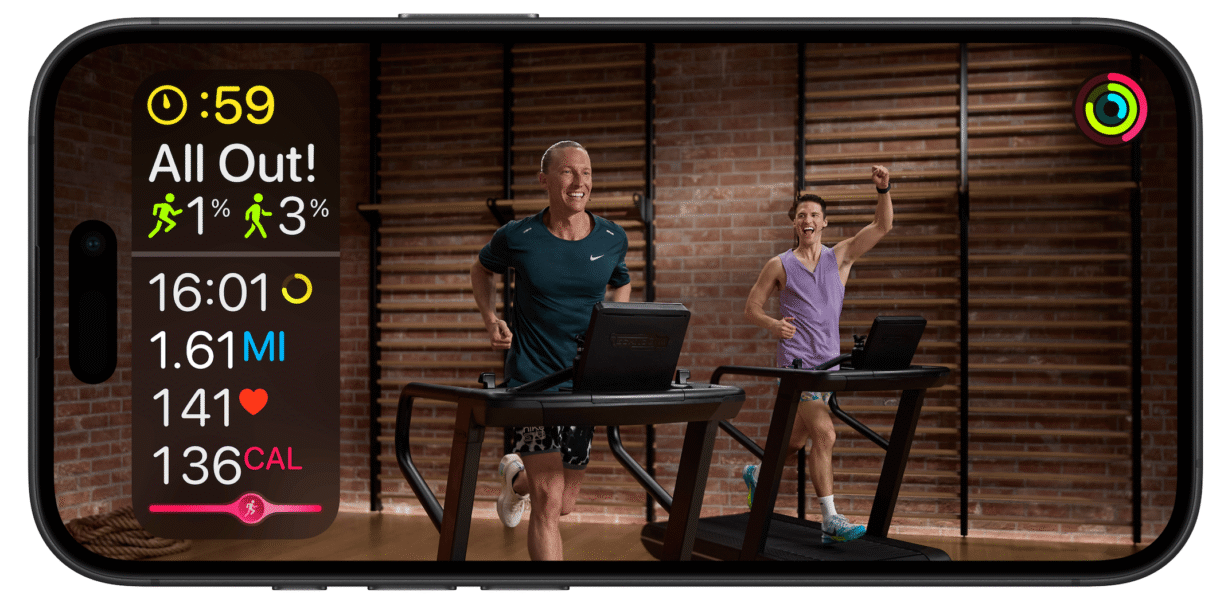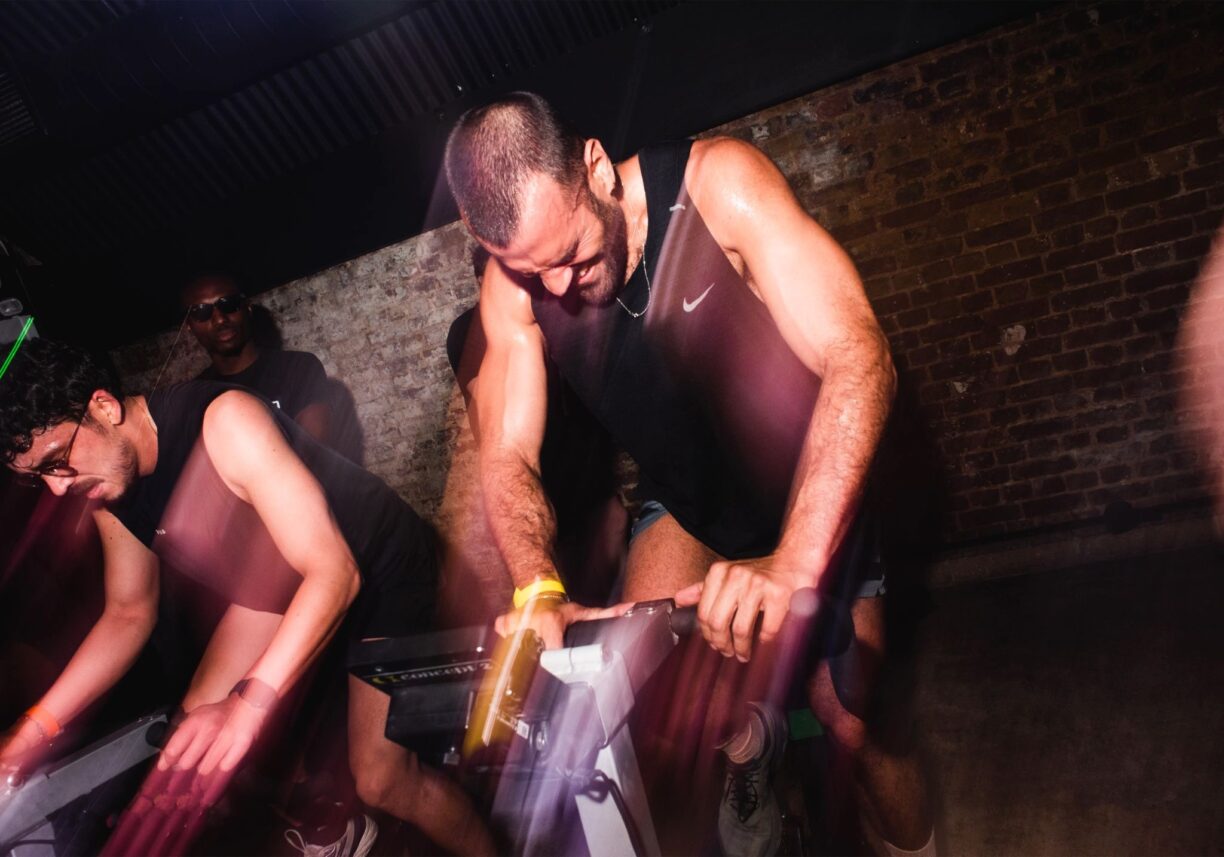Feeling like your workouts are taking more than they’re giving? If performance has stalled, motivation has dipped, or your body feels like it’s stuck in recovery mode, you could be dealing with overtraining.
Before throwing in the gym towel and sports mouthguard, know this: recovery is possible, and with the right steps, you can prevent overtraining entirely.
Here’s everything you need to know about identifying overtraining and six practical strategies to avoid it.

Spotting the Signs of Overtraining
Overtraining isn’t just about pushing too hard in the gym; it’s about missing the balance between effort and recovery. Understanding the warning signs is crucial to addressing the issue before it derails your progress.
Physical Symptoms
- Persistent fatigue, especially post-workout
- Performance plateaus or unexpected declines
- Lingering soreness or stiffness
- Lack of rejuvenation after rest days
- Frequent injuries, particularly repetitive strain
- Lower immunity and increased susceptibility to illnesses
Mental Symptoms
- Loss of motivation for training sessions
- Waning interest in physical activities
- Reduced confidence tied to performance
- Difficulty focusing during workouts
- Irritability, frustration, or restlessness related to exercise
Many of these symptoms mirror other conditions, like depression. The key difference? Overtraining symptoms centre on workouts—think reluctance to hit the gym, not disinterest in unrelated hobbies.
Consulting a health professional can help rule out underlying causes and guide you toward an effective recovery plan.

6 Steps to Prevent Overtraining
1. Schedule Rest Days Like Workouts
Recovery days are just as important as workout days. Dedicate at least one day per week for complete rest and consider taking two if you’re battling fatigue. For active recovery, opt for light activities like walking or yoga—but keep it minimal.
Every 4–8 weeks, schedule a full week of reduced activity. This not only gives your body a reset but also offers a chance to reflect on your progress and tweak your training plan.
2. Track Your Performance
Keeping tabs on your workouts can reveal early signs of overtraining. Whether it’s a fitness app, a heart rate monitor, or a simple journal, logging your performance lets you spot trends like declining endurance or increased perceived effort. If you’re not already tracking, now’s a great time to start.
3. Prioritise Quality Sleep
Recovery doesn’t happen without proper sleep. Aim for 7–9 hours nightly—more if your training intensity is high. Create a sleep-friendly environment: darken your room, maintain a consistent sleep schedule, and avoid screens before bed. Sleep is the backbone of your recovery efforts.

4. Fuel Your Body Right
Nutrition plays a vital role in preventing overtraining. While protein is key for muscle repair, don’t neglect carbohydrates—they’re your body’s primary energy source.
Without enough carbs, your body may break down muscle tissue for fuel. Prioritize complex carbs like fruits, vegetables, and whole grains to sustain your energy and recovery.
5. Incorporate Hot/Cold Therapy and Massage
Alternating hot and cold treatments can alleviate post-workout soreness. Heat eases stiffness, while cold reduces inflammation. Explore options like warm baths, heating pads, or reusable ice packs.
A professional massage is great if your budget allows, but tools like foam rollers or massage sticks work wonders for self-care.
6. Reevaluate Your Training Plan Regularly
What worked six months ago may not work now. Adjusting your plan ensures it aligns with your current fitness level and goals.
Don’t shy away from reducing weight, reps, or intensity—it’s a natural part of progression. Periodically revisit your goals to keep your training effective and realistic.
When to Seek Professional Help
If the signs of overtraining resonate with you, consult a health or fitness professional. They can help confirm the diagnosis and develop a tailored plan to get you back on track.
Staying proactive is your best defence. By recognising the signs and following these steps, you can maintain a healthy balance between training and recovery, ensuring sustainable progress in the long run.





